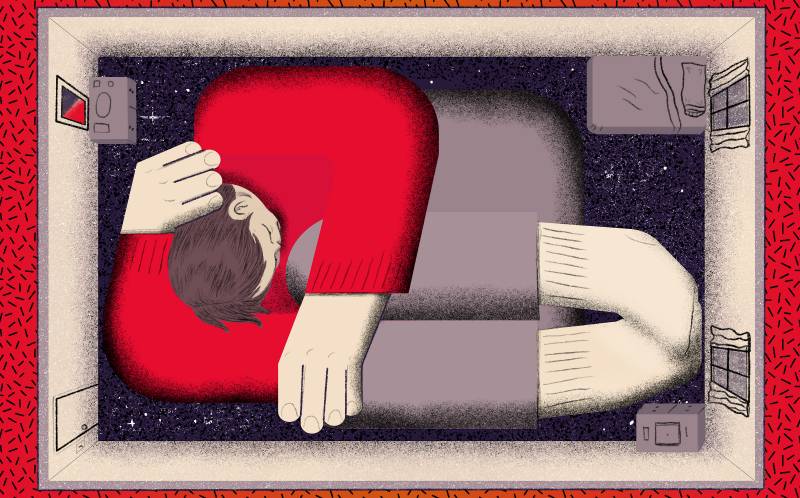Nightmares. Tantrums. Regressions. Grief. Violent outbursts. Exaggerated fear of strangers. Even suicidal thoughts. In response to a call on social media, parents across the country shared with NPR that the mental health of their young children appears to be suffering as the weeks of lockdown drag on.
Most U.S. states have canceled in-person classes for the rest of the academic year. This week in Senate testimony, Dr. Anthony Fauci, the director of the National Institute of Allergy and Infectious Diseases, sounded a cautionary note on the prospect of reopening school buildings nationwide, even in the fall.
He pointed to the emergence of serious inflammatory illness in a handful of children. "We don't know everything about this virus, and we really better be very careful, particularly when it comes to children," Fauci said. He was responding to this comment by Sen. Rand Paul, Republican of Kentucky: "I think it's a huge mistake not sending our kids back to school."
Dr. Dimitri Christakis, one of the nation's most prominent pediatricians, agrees with Paul, who is a physician by training. Christakis, who directs the Center for Child Health, Behavior and Development at Seattle Children's Hospital, is the editor-in-chief of the journal JAMA Pediatrics. And in a new piece published in the journal, he argues that the risks to children's learning, social-emotional development and mental health need to be better balanced with the risks of spreading the coronavirus.
"I don't care if I die"





9(MDAxOTAwOTE4MDEyMTkxMDAzNjczZDljZA004))